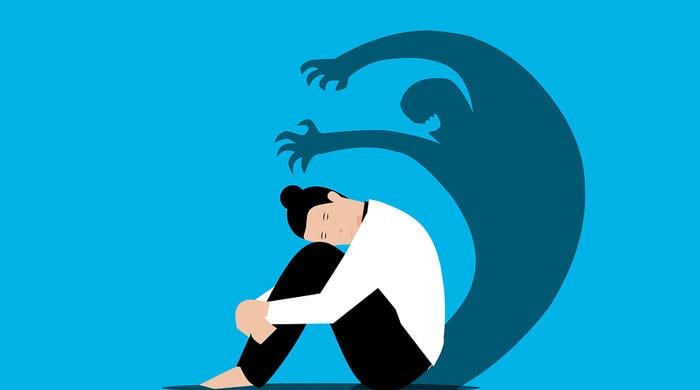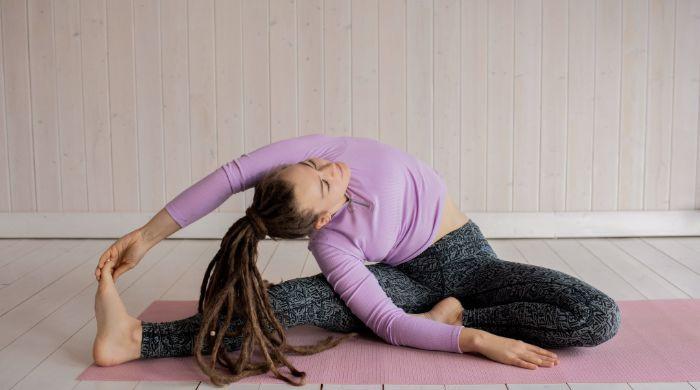Exercise during Ramadan: The ultimate guide for fitness in 2024
There are a number of things people can do to maximize their workouts in ramadan and here are some tips to make it possible
March 20, 2024

The question of how to exercise during Ramadan often becomes a confusing question for most Muslims.
Most people even put a stop to exercising during the Holy month due to fear of weakness.
So, first let’s get this question out of the way: Should you exercise during Ramadan? The answer is yes!
However, a careful approach must be taken to working out during Ramadan, so you can prevent dehydration while also avoiding a sedentary lifestyle.
Making a safe and healthy Ramadan workout plan:
1. For people with low activity lifestyle:
If you were leading a mostly sedentary lifestyle before Ramadan, it wouldn't be a good idea to begin a strenuous workout plan during this month. However, you should aim to get active.
It is advised for such persons to begin with light workouts, like walks and taking the stairs instead of the elevator. You can also incorporate yoga poses and beginner’s stretching routines into your Ramadan workout regime.
2. For people with an active lifestyle:
If you had an active routine that also included workout plans, then it’s best to continue the workouts, keeping in mind to hydrate properly. Most of all, control the urge to take the workouts to the next level during this month.
What is the best time to exercise during Ramadan?
The answer to this popular question is not one size fits all. But, there are guidelines to follow in this respect.
According to fitness experts, strength training during Ramadan should be done before suhoor, so you can replenish with the suhoor.
When it comes to cardio, it should be kept to a minimum during Ramadan so as to avoid weakness, and it’s recommended that you do it after iftar or 30-40 minutes before. You can lose muscle mass fast if you go heavy on these exercises.
Remember to sip water throughout the workout, but avoid gulping large amounts.
Note: During the hours of fasting, you should only aim to remain active.
Why Yoga is just as important as other exercises:
Yoga poses can help you focus, relax and basically meditate while also moving your body. It also helps relieve various types of body aches by making you practice stretching. Last but not the least, it can combat anxiety and worry.
Pushing yourself during Ramadan can be dangerous:
The most important thing to remember when planning your workout for Ramadan is to listen to your body. If you feel dehydrated or weak, consider lowering the intensity of workouts.
Taking a good look at your diet is another important step to take. A diet inefficient in essential nutrients will make fasting a real challenge.
Why eating your full after breaking the fast is actually a bad idea:
Overeating to compensate for the calories lost during your fast can result in heartburn and cholesterol issues. It can ultimately turn fasting into a burden for your body. So eat only as much as you would eat during any normal day.
Eat dates to keep your overall health in line during Ramadan. Dates are loaded with potassium, which will help your brain function as well as balance the sodium overload that may occur from excess salt intake.
Avoid salty and processed foods as they can dehydrate you, which will make you extremely thirsty and make the next fast a real struggle.
Have a healthy Ramadan you can proudly look back on:
Incorporating exercise during the month of Ramadan is really not that complicated. Your main aim should be to maintain physical activity in accordance with how active you were before.
Remember to give utmost consideration to your diet. Eat healthy, take supplements of vitamins, avoid fried and salty foods.
Relaxing is also important since it’s the month of reflection and spiritual growth.
Most important of all, aim to create a wholesome experience and don’t deviate from the spiritual essence of Ramadan.











